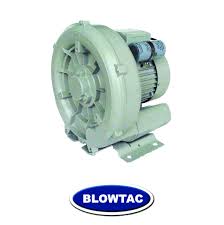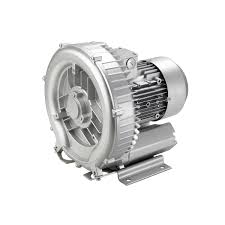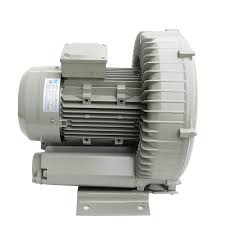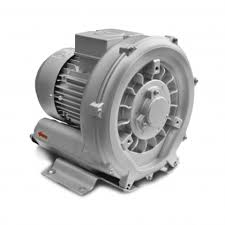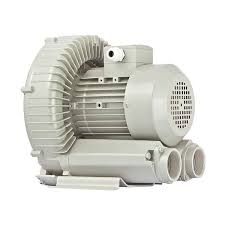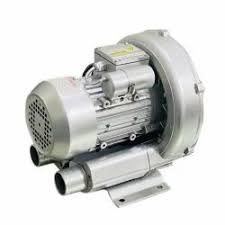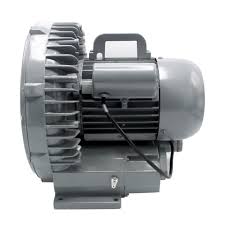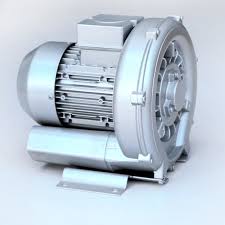Which is better blower or fan?
Neither a blower nor a fan is inherently “better.” The ideal choice depends entirely on the specific application and what you need the device to do. Fans are better for general air circulation and cooling in larger areas, while blowers excel at creating high-pressure, focused airflow for specific tasks or targeted cooling.
Here’s a more detailed breakdown:
Fans:
- Pros: Distribute air more evenly, suitable for large spaces, lower energy consumption, and often quieter.
- Cons: Not as powerful for focused airflow, may not be effective for spot cooling or situations requiring high pressure.
- Examples: Room fans, ceiling fans, and some types of industrial fans.
Blowers:
-
Pros:Generate high-pressure airflow, ideal for targeted cooling or drying, effective for moving air over longer distances, and can be used for applications like pneumatic conveying.
-
Cons:Can be noisier than fans, may consume more energy, and not as suitable for large-scale air circulation.
-
Examples:Air blowers for construction sites, industrial blowers for manufacturing, and some types of ventilation systems.
In essence:
- Choose a fan for: General ventilation, cooling a room, or circulating air.
- Choose a blower for: Drying items, spot cooling, or moving air over longer distances with more force.
Ultimately, understanding the specific requirements of your situation will help you determine whether a fan or a blower is the better choice.
Which is better blower or fan?
When should you use a leaf blower?
What is a powerful leaf blower?
